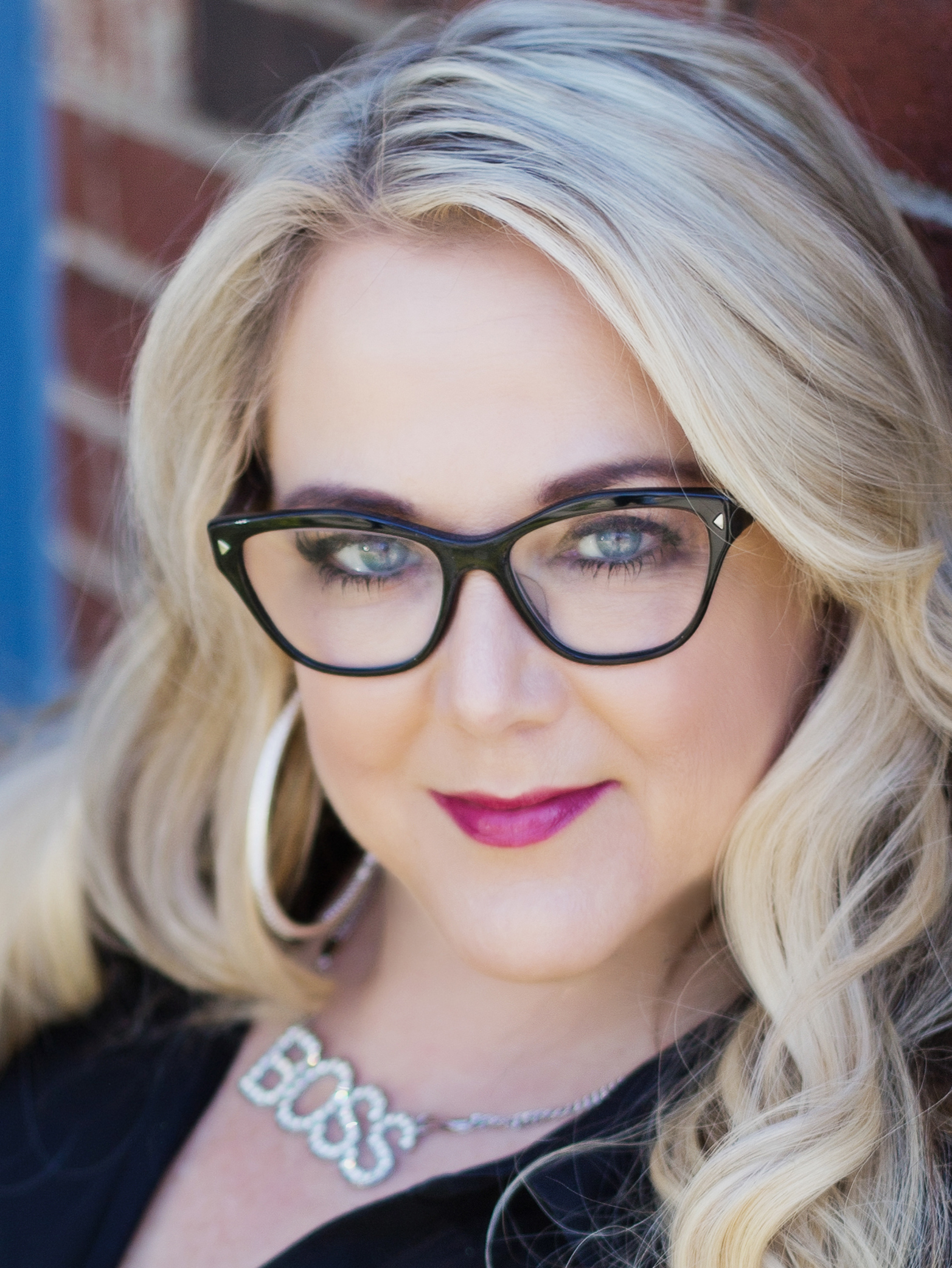|
VOICE ACTING For Medical Voice Overs, Get Up To Speed On Big Data, Artificial Intelligence, 5G & Blockchain November 12, 2020  By Anne Ganguzza By Anne GanguzzaVoice Actor, Coach, Demo Producer Chances are that when you think of medical narration you think of physiology, anatomy, pharmacy and surgery. But have you ever considered the technology behind healthcare? Revolutionary technologies are creating new voice over markets within Medical Narration. The healthcare industry is adopting technology like Big Data, Artificial Intelligence, and 5G into their standard of care. Your job as VO talent is to understand and incorporate technologies like these into your repertoire of expertise within your medical paradigm. TALK ABOUT WHAT'S HOT ... Let's talk about some of the technologies that are hot right now. It was only a matter of time before we started to see the benefits of big data in the healthcare industry. But what is big data? It's like the neighborhood busy body who knows everything about everyone. Big data is what is used to suggest what you might like to watch next on Netflix, or what your biomarkers might say about someone of your age, gender, and BMI. It's being used to help predict wellness trends and aid in diagnostics. And you can believe that it's going to start showing up in medical narration scripts, so you as a voice actor should be prepared to understand what it all means. ENTER AI ... When seeking work in healthcare, you would be wise to learn about current technology trends as well. One thing about big data: it's no use unless we can interpret it. That's where AI (Artificial Intelligence) steps in. This isn't the kind of "speech AI" that starts voice actors frothing at the mouth. This is the kind of AI that can analyze large amounts of data very quickly, allowing medical professionals to make informed decisions in a shorter amount of time. But that's not the only application of AI. AI is also being used to optimize hospital management, in:
The point here is that you need to keep an open mind when it comes to AI. RUNNING FASTER ON 5G Moving all this data and information from place to place requires a robust infrastructure. And just in time, in steps 5G. 5G stands for the fifth generation of technology that powers wireless data transmission. Unlike what you may have heard, 5G is nothing to fear. In fact, it heralds in a new era of wireless speed and reliability. The healthcare industry is adopting 5G into things like remote patient care that provides real-time data to care providers. Due to its lower latency and higher capacity, 5G can support Augmented Reality (AR), Virtual Reality (VR), and Spatial Computing. This technology will allow doctors to transmit large image files and support the ever-expanding field of telemedicine. Voice actors can expect to see scripts that address the fears of 5G and how to best utilize the inevitable technology. BUT: HOW SAFE & SECURE? With all this data moving back and forth at the speed of light, how do we make sure that it stays safe and secure? The answer lies in a technology called blockchain. Originally developed for the digital currency Bitcoin, it is being incorporated into data safety methodologies. It's able to keep a permanent record of online transactions or exchanges. The best way to describe blockchain technology is to think of each online transaction as a "block" of data, and the ledger that links them together is like the chain. It's a decentralized network of data that is verified as it's built upon using a technique called mining. The implications of blockchain will unfold in regard to patient records, payments and payer contracts, and population health. Confused? More than likely you're not alone. This technology is coming to healthcare, and it will need a voice actor to explain and interpret the intricacies of how it works and reassure its safety. It would behoove the savvy voice actor to research blockchain ahead of time. BE ON THE BLEEDING EDGE (FIGURATIVELY) ... A voice actor's work is never done. It's a constant job of research, practice, coaching, refreshing, marketing, and performance. When it comes to medical narration, you need to expand your vision of what that looks like. Your medical demos must also stay current and evolve with the trends in the industry. In addition to the above-mentioned items, be familiar with things like virtual health care, robotics and the internet of medical things. A good place to start is by Googling a new technology with the words "in healthcare" after it. This will open up a huge window of information and opportunity for you on an aspect of an industry that is more than just long, hard to pronounce words. Go on now, and get Googling! -------------------- ABOUT ANNE Anne Ganguzza is a full-time voice talent and award-winning director and
producer who works with students to develop their voice over and
business skills - including VO demo training and production. She
specializes in Conversational Commercial and Narration styles, including
Corporate, E-Learning, Technology, Healthcare - Medical, Telephony, and
On-Hold. Located in Orange County, CA, Anne offers private coaching
and mentoring services to students in person and via Skype, ipDTL or
Zoom. Email: anne@anneganguzza.com Web: www.AnneGanguzza.com |
Tell Us What YOU Think!
Please Note: Since we check for spam, there will be a slight delay in the actual posting of your comment.
Comments
No comments have been posted yet. Hurry, and you could be the first!






.png)



click for new article alerts